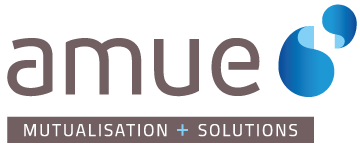 By Wagdy Sawahel. In cooperation with China, Algeria plans to set up an academy for science and technology, in an effort to boost the role of research in developing a knowledge-based economy.
By Wagdy Sawahel. In cooperation with China, Algeria plans to set up an academy for science and technology, in an effort to boost the role of research in developing a knowledge-based economy. The new academy was one of the projects included in a 4 September China-Algeria science, technology and higher education cooperation agreement, according to a report published by China Network. Read more...








/https%3A%2F%2Fprofilepics.canalblog.com%2Fprofilepics%2F1%2F0%2F1076071.jpg)